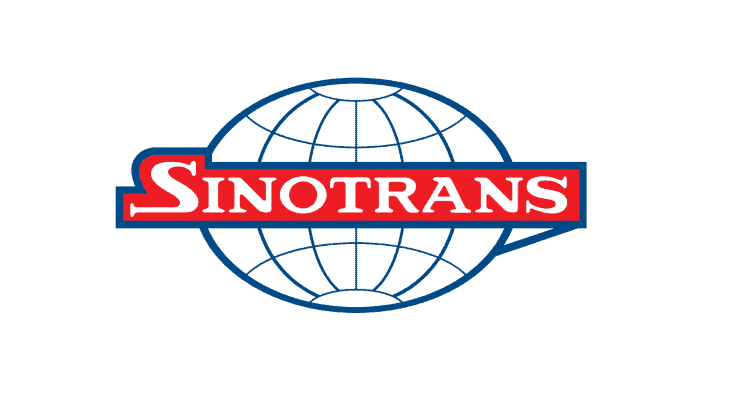While sea freight remains one of the most cost-effective shipping methods, delays can severely impact your supply chain and bottom line. To minimize these disruptions, you'll need to pay careful attention to your shipping documentation from the start. Confirm all paperwork, including bills of lading, commercial invoices, and packing lists, is complete, accurate, and submitted well before deadlines. Implement a strong cargo tracking system that provides real-time updates on your shipment's location and status, allowing you to identify potential delays early and take corrective actio
For last-mile delivery, electric autonomous vehicles now handle distribution in major global cities, ensuring your shipments reach their final destination with minimal environmental impact. These vehicles operate 24/7, reducing delivery times by an average of 30% compared to traditional methods. You'll receive precise delivery windows accurate to within 15 minutes, allowing for better resource planning at the destinatio
 Cost optimization is another significant advantage of working with Chinese freight forwarders. They'll help you identify the most cost-effective routing options, consolidation opportunities, and timing strategies to maximize your shipping budget. You'll benefit from their bulk purchasing power and established carrier relationships, often securing better rates than you could independently negotiat
Cost optimization is another significant advantage of working with Chinese freight forwarders. They'll help you identify the most cost-effective routing options, consolidation opportunities, and timing strategies to maximize your shipping budget. You'll benefit from their bulk purchasing power and established carrier relationships, often securing better rates than you could independently negotiatConsider your shipment volume and frequency too. Freight forwarders typically offer more advantages for businesses with regular shipments of varying sizes, as they can consolidate cargo and optimize routes. They'll also provide better visibility across your entire supply chain through advanced tracking systems and regular reporting. Shipping agents are more suitable if you're consistently using the same shipping line and routes, particularly for full container load
Selecting the right freight forwarding partner in China can dramatically impact your supply chain efficiency and bottom line. By strategically partnering with an experienced freight forwarder, you'll gain access to competitive freight rates and enhanced shipping efficiency that can reduce your operational costs by 15-30%. Your chosen partner should demonstrate deep knowledge of both international shipping regulations and China's complex export procedures, ensuring your cargo moves smoothly through customs and reaches its destination on tim
Timing plays a significant role in successful freight forwarding. Plan your shipments well in advance to secure better rates and guarantee equipment availability. Before scheduling, review https://Wanseachina.com/ to avoid potential disruptions. Consider seasonal factors that might affect your shipping schedule, such as peak shipping seasons, port congestion, or weather-related disruptions. You'll need to factor in cut-off times for documentation submission and cargo delivery to avoid delays or missed sailing
Named perils coverage specifically lists which risks are covered, offering a more economical option for less sensitive cargo. Warehouse-to-warehouse protection extends coverage from the point of origin through final delivery, ensuring continuous protection throughout the shipping journe
Your choice ultimately depends on your business's specific requirements, budget constraints, and internal capabilities. Many successful businesses actually use both services strategically - working with freight forwarders for complex logistics needs while maintaining relationships with shipping agents at key ports. This hybrid approach can provide you with the most extensive and cost-effective solution for your international shipping need
Your freight forwarding success depends on staying organized and detail-oriented, like a chess expert planning multiple moves ahead. If you're new to international logistics, consider working with a https://Wanseachina.com/ to guide you through the complexities. You'll avoid costly mistakes by double-checking documentation, maintaining clear communication with carriers, and keeping precise records of every shipment. When you've implemented these proven strategies, you'll see improved efficiency, reduced costs, and smoother international shipping operations across your supply chai
Confusion often surrounds the distinct roles of freight forwarders and shipping agents in the logistics industry. While both play essential roles in moving goods internationally, their responsibilities and scope of services differ notably. Understanding these differences is important for making informed decisions about your business's transportation solutions and logistics management need





